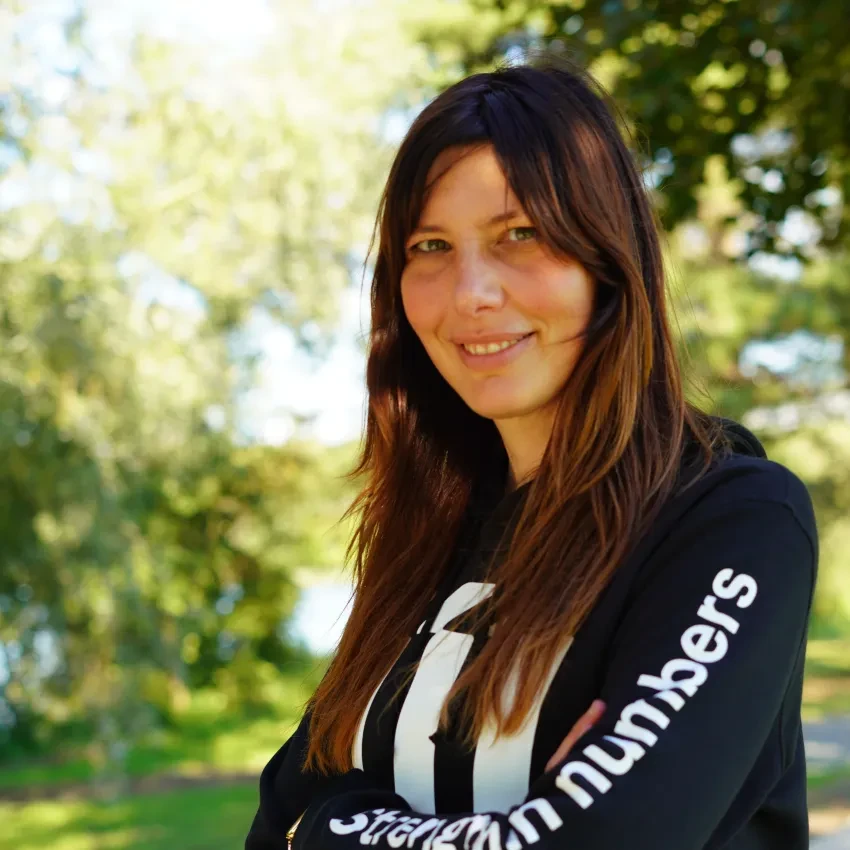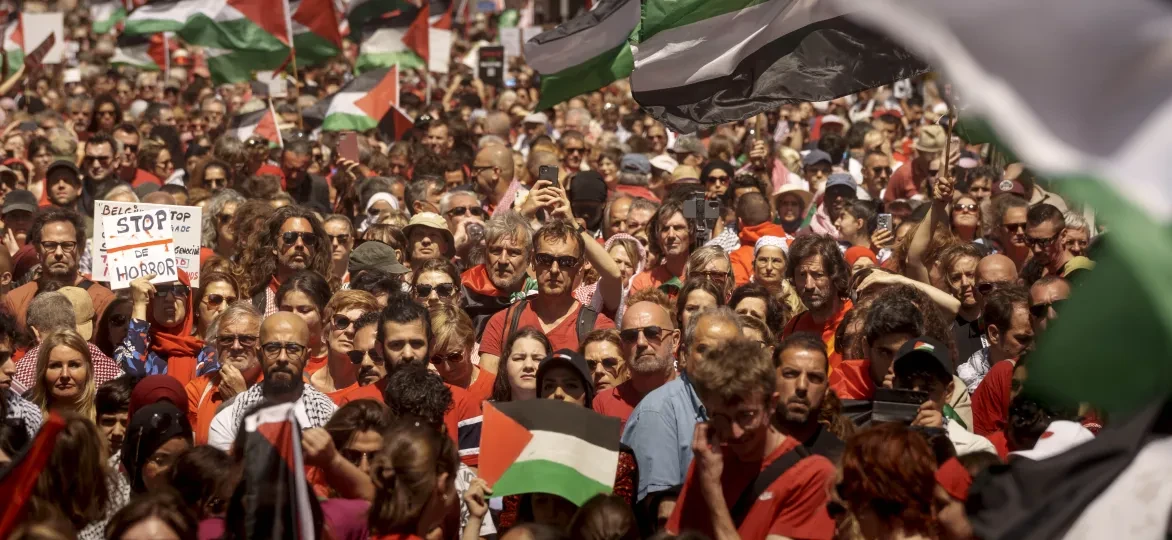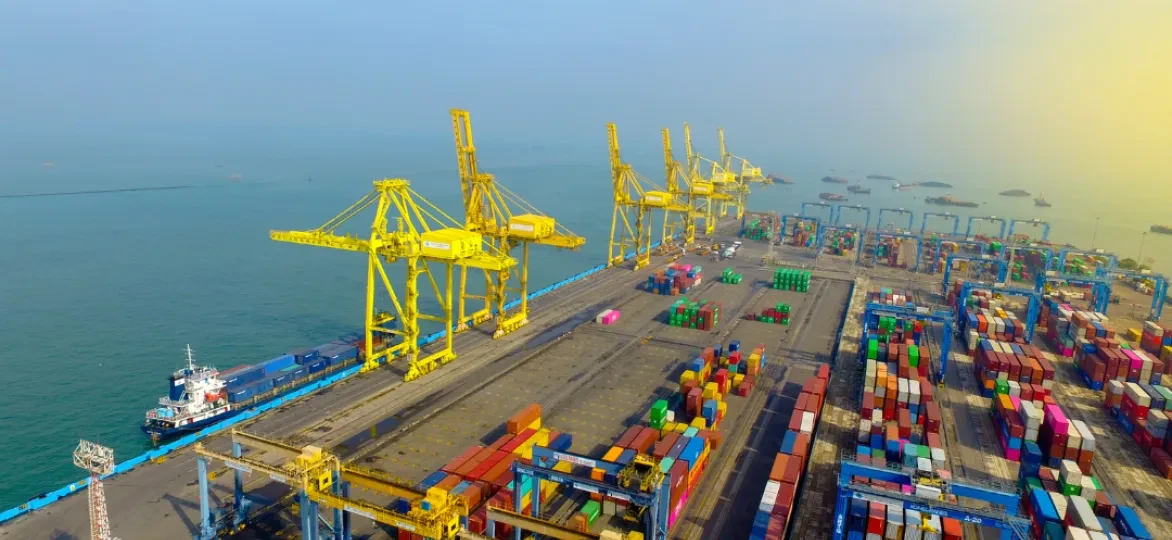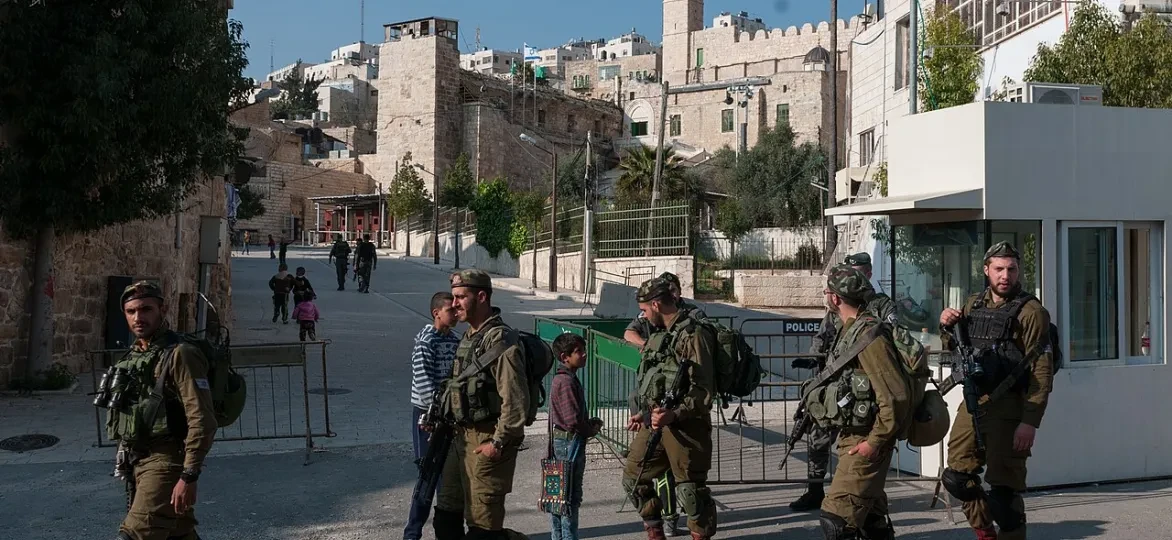Why the NATO summit keeps me awake at night
25 June 2025
3 minutes
This opinion appeared in Knack on June 25.
Much has been said about the new 5% norm that dominates NATO leadership. Five percent of GDP for defense – hardly a proposal, more of a fait accompli that we should all go along with. As if it were logic itself. As if there was nothing more to consider.
If this standard is considered as non-binding as 0,7% for development cooperation or the 1,5°C target of the Paris Climate Agreement, then it remains empty promises. In that case, I should not lose any sleep over it. But precisely that selective decisiveness is precisely why I do lose sleep over it.
Because yes, much has been said. But where is the fundamental debate? What do we mean by 'safety'? Who decides that?
If we reduce security to military display, to tanks, drones and fighter jets, we miss the bigger picture. Security also means adhering to international law and human rights, ensuring food security and health care, and investing in unstable institutions and climate resilience. None of these things are guaranteed by increasing military budgets. And yet today there seems to be only one answer to geopolitical unrest: more defense. More weapons. As if everything begins and ends there.
What is on the table today is disproportionate. In 2024 alone, $2.718 billion was spent worldwide on defense – an increase of more than 9%. At the same time, global investment in development cooperation fell to $212 billion, a decline of 7%. The contrast is mind-boggling. And it will only get bigger in 2025. We are investing massively in what supposedly protects us, but at the same time we are cutting back on what really makes us safer in the long term.
Anyone who thinks that security stops at the borders of Europe or North America is mistaken. Belgium is not an island. What happens elsewhere seeps through to us. The debt crisis in African countries, the climate crisis that destroys crops and forces people to flee, the lack of jobs, education and infrastructure in the Sahel – these are the hotbeds of today and tomorrow. And yet we treat investments in these areas as a luxury. While in reality they are precisely the core of sustainable security.
Trump showed us how. His reckless attack on the established development program USAID is already being felt worldwide. Take the drug Lenacapavir: a recent revolution in HIV prevention. Just two injections a year are enough to prevent infection—a breakthrough that could save countless lives. Yet the drug threatens to remain out of reach for people in low-income countries. Just when science is reaching a turning point in the fight against AIDS, international solidarity is stalling. The reason? The dismantling of development funding. As a result, safety is not determined by who needs protection, but by who can pay for it.
Human rights should be the compass, also when we talk about security. Not only when it suits us, or when it fits within a defense story, but structurally. And that means that we have to invest in education, care, equality and fair international relations. In solutions for the causes of instability, instead of just in reactions to the symptoms.
No, I am not against defense. I am against disproportion. Against a security policy that reduces the world to a battlefield and people to victims or perpetrators. We need more than a NATO bubble with blind faith in militarization.
Because rockets will never be able to guarantee real security. On the contrary. Real sustainable security for everyone requires vision and courage to think and act not only in the short term, but especially in the long term.
That's why I'm kept awake at night by this NATO summit.

Els Hertogen
Managing Director 11.11.11



